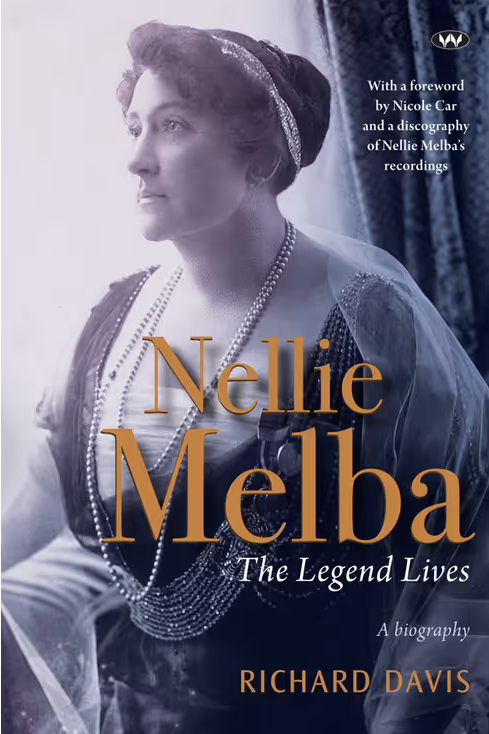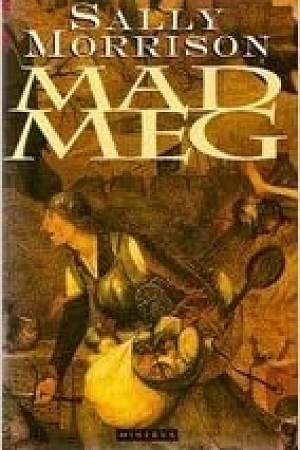Cicada
Allen & Unwin, $29.99 pb, 390 pp, 9781743315293
Fiction
Part of the dance
by Francesca Sasnaitis •
Moira McKinnon practised as a community doctor in Halls Creek, in the Kimberley, where her first novel Cicada is also set. She was joint winner of the 2011 Calibre Prize for her essay ‘Who Killed Matilda?’, the story of an Aboriginal woman whose audacity and traditional knowledge prompted McKinnon to question the efficacy of Western medicine and philosophy.
Continue reading for only $10 per month. Subscribe and gain full access to Australian Book Review. Already a subscriber? Sign in. If you need assistance, feel free to contact us.















Comments (2)
I’m staggered that this reviewer would even suggest it is a failure of the author’s imagination.
Once a people have endured invasion, genocide, and brutality, they become mistrustful of the perpetrators of such violence. They become hesitant to speak up, to offer their opinion for fear of retribution is great; their very survival lies in the hands of white people.
To suggest that Cicada is melodramatic is incorrect. While the actual story is fiction, it is very much representational of what was happening to aboriginal people at that time.
Also I found the reviewers opening line in the second paragraph disturbing: in that the words ‘messed up’ and ‘too much white fella stuff” it had been lifted from Ms Kinnons essay “Who Killed Matitla” and not from Cicada. These words i.e., ‘messed up’ and ‘too much white fella stuff’ are being voiced my Matiltda — an aboriginal woman. But sadly, the reviewer has attributed them to Ms McKinnon and thus giving it a satirical edge. It really isn’t a joke when a country and its indigenous inhabitants are destroyed.
Why wasn’t this review scrutinised for errors and inaccuracies?
Again, my deep dismay with The Australian Book Review, an opportunity towards reconciliation squandered.
Sincerely Yours
Marlish Glorie
Leave a comment
If you are an ABR subscriber, you will need to sign in to post a comment.
If you have forgotten your sign in details, or if you receive an error message when trying to submit your comment, please email your comment (and the name of the article to which it relates) to ABR Comments. We will review your comment and, subject to approval, we will post it under your name.
Please note that all comments must be approved by ABR and comply with our Terms & Conditions.